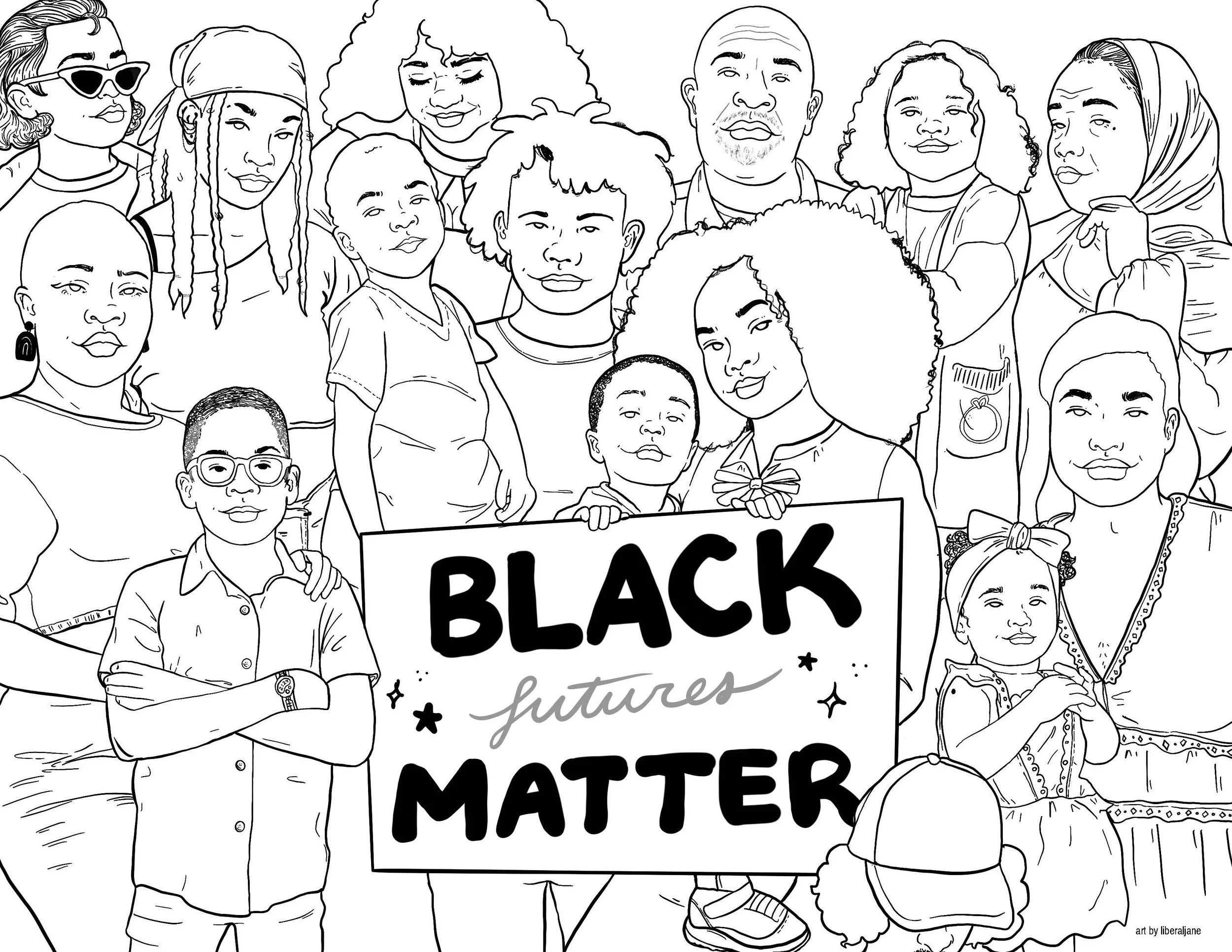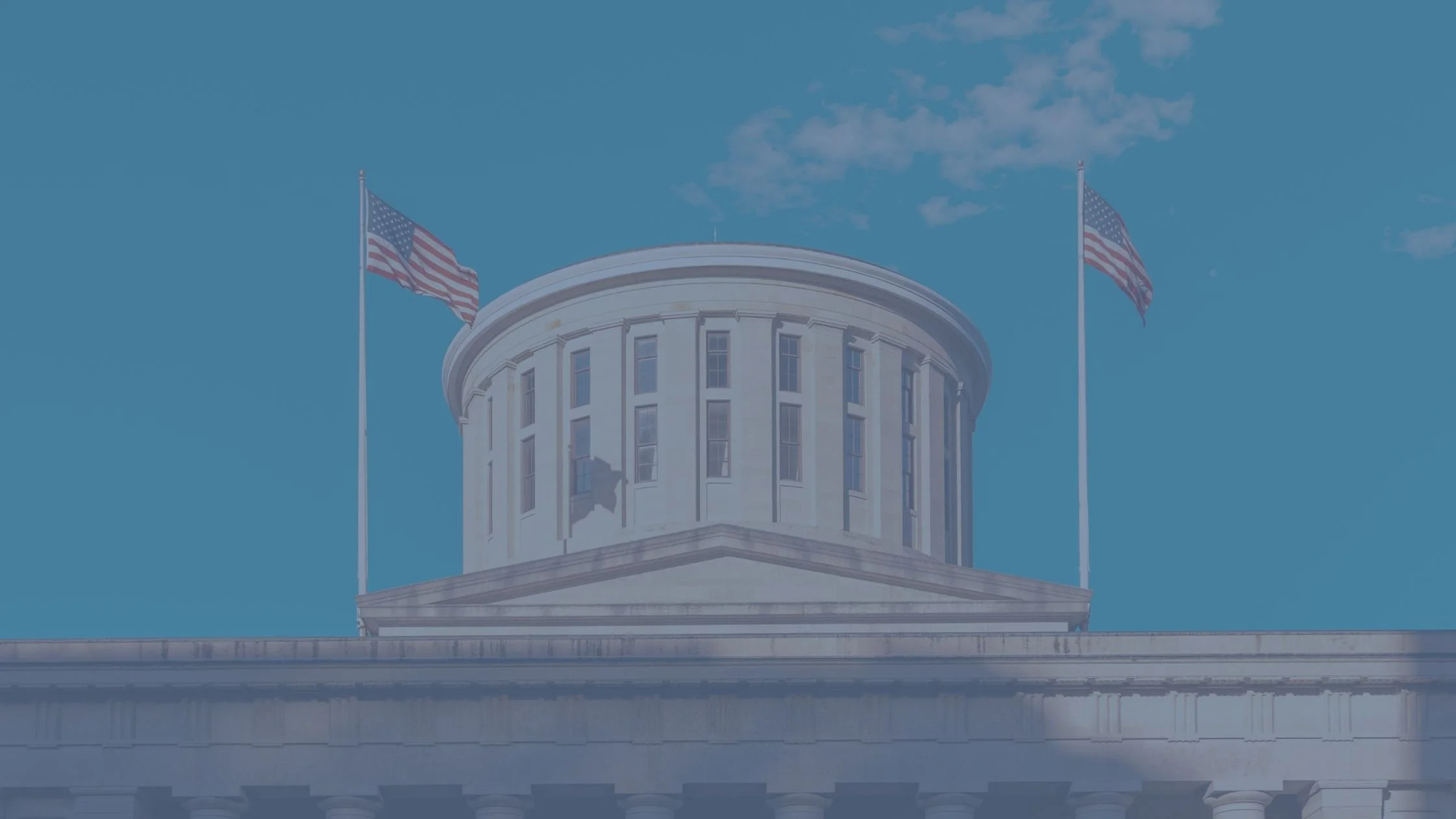How Can We Help You?
As environmental justice and law nonprofit, we are excited to support systems-change that strengthen environmental justice outcomes. This can include:
Building Connections
Legal “Translation” + Bridging Information
Researching, Strategizing, and Educating about Legal and Policy Levers
Drafting Generalized Legal and Policy Templates
Engaging Community and Amplifying Issues
We can provide any of this support to nonprofits, coalitions, residents, and municipalities at no-cost. Please reach out today and let’s get to work.




















